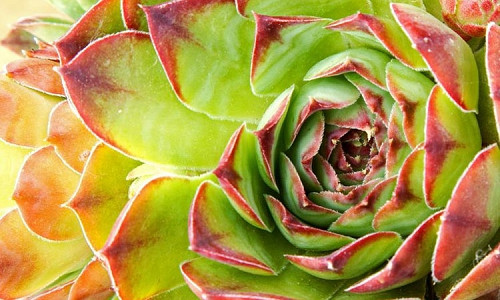
Mulch improves soil fertility and reduces the need for watering. Mulch helps to retain moisture and prevents rainwater runoff. It gives your garden a uniform look, and adds rhythm to your gardening design. It is essential to learn about the different types and uses of mulches. Below are some benefits of gardening in them. Mulch is essential for home gardens. Read on for more details.
Mulch protects your plants against weeds. Mulch is also a good soil conditioner and retains moisture. When planting trees, you should leave at most 2 inches between the trunk and root flare. Young trees need to have a little bare area that isn't covered in mulch. This will attract slugs and make your plants' stems rot.

Shredded leaves can be used if you live in a wet area. In the summer, use salt hay instead of wood chips. These materials will slow down decomposition and repel water. They will prevent weeds, rot and other problems at the base of your plants. Another great option for mulch is to use unshredded leaves. Mulch can be used to prevent weeds and retain water when planting new crops.
A good mulch will not only improve the soil's quality, but will also make your garden look more beautiful. Organic mulches will add nutrients to your soil as they decay. The best way to use mulch in your garden is to choose plants that thrive in this type of soil. Choosing plants over mulch is essential for a healthy soil. For composted material to be used in your garden, you will also need a competent cultivator.
Hardwood bark mulch can help reduce wood waste in your backyard. It is cheaper than wood mulch, and does not require much maintenance. It will not introduce harmful elements and will gradually break down. It will protect your plants and prevent erosion. It will slowly decompose and is therefore an excellent mulch choice for gardening. A good mulch will not only give your garden a beautiful look but also protect it.

When gardening in mulch, it is important to keep it away from woody stems and other plants. Mulch too dense will attract pests and encourage rot. It will stop weeds from growing, and it will suppress their growth. Mulch will keep weeds away from the soil by retaining moisture. It will protect your plants and prevent insects from reaching the soil.
FAQ
How many hours of daylight does a plant really need?
It depends on the plant. Some plants need 12 hours per day of direct sunlight. Some plants prefer 8 hours of direct sunlight. Most vegetables need at least 10 hours of direct sunlight per 24-hour time period.
How can I tell what kind of soil is mine?
The color of the soil can tell you how much organic matter it contains. More organic matter is found in darker soils than in lighter soils. A second option is soil testing. These tests can measure the soil's nutrients.
What equipment do I need to grow vegetables?
Non, really. You only need a trowel, shovel, watering can, and a rake.
Which is the best layout for a vegetable garden?
Your location will determine the best layout for your vegetable garden. For easy harvesting, you can plant vegetables together if the area is large. If you live in rural areas, space your plants to maximize yield.
Statistics
- According to the National Gardening Association, the average family with a garden spends $70 on their crops—but they grow an estimated $600 worth of veggies! - blog.nationwide.com
- 80% of residents spent a lifetime as large-scale farmers (or working on farms) using many chemicals believed to be cancerous today. (acountrygirlslife.com)
- Today, 80 percent of all corn grown in North America is from GMO seed that is planted and sprayed with Roundup. - parkseed.com
- According to a survey from the National Gardening Association, upward of 18 million novice gardeners have picked up a shovel since 2020. (wsj.com)
External Links
How To
How do I keep weeds from my vegetable garden?
Weeds pose a major threat to the production of healthy vegetables. They vie for water, nutrients sunlight and space. These tips can help prevent them taking over your garden.
-
All plants should be removed when they are in flower
-
Take out any plant debris from the base of your plant
-
Use mulch
-
Drink water frequently
-
Rotate crops
-
Do not allow the grass to grow.
-
Keep soil moist
-
Plant early
-
Harvest often
-
Add compost
-
Avoid chemical pesticides
-
Plant organic vegetables
-
Get heirloom seed
-
Start small
-
Learn more about companion-planting
-
Be patient
-
Enjoy gardening!